“They shall not grow old, as we that are left grow old.
Age shall not weary them, nor the years condemn.
At the going down of the sun and in the Morning.
We will remember them“
For the following brief commentary, I have not chosen a title. I am content to write under the rubric of the above-quoted 4th stanza of the poem, For the Fallen, penned by Robert Laurence Binyon (1869-1943), published in The Times newspaper on 21 September 1914 in tribute to Britain’s war-dead just over two months into the First World War. Even those early days of the war delivered profound shock to the collective system of the public due to the huge number of casualties on all sides caused by the modern weapons of the day notably, machine guns, flamethrowers, poison-gas, to mention a horribly lethal three. Then followed the prolonged horrors of the trenches in which men sought protection in the squelching mud. To forget such suffering, such sacrifice would have been a grotesque unkindness and ingratitude.
Commenting on the Nigerian Civil War (6 July 1967-15 January 1970), renowned author, Chinua Achebe remarked that the war-
‘‘….was a cataclysmic experience that
changed the history of Nigeria, and yet why
has the war not been discussed or taught
to the young, over 40 years after it’s
end?’’
Of course we must confront our history. Facts are stubborn things. They will not be wished away. It is an axiom that those who choose not to remember the past are doomed to repeat it’s mistakes.
The result of selective amnesia? Unredressed acts of injustice and unfairness, like ragged fingernails continue to catch at the fabric of our peace. Old unhealed wounds covered only by scabs of untruths have now broken down into violent, often ethnicity based, confrontations all over the country. How many of us care to remember Abacha’s brutal suppression of MOSOP – Movement for the Survival of the Ogoni People – which struggled against environmental degradation by multinational oil companies culminating in the hanging of Saro Wiwa and his compatriots in 1995? How many choose to remember the Asaba massacre of 1967 and other horrific atrocities of our 30 – month civil war? Why are there now so very many ethnic militia? Because we have done our best not to remember our national past whenever it is uncomfortable to do so.
In remembering and memorializing, we redress hurts and offences; we salve and eventually heal wounds by acknowledging the sacrifice of those who gave their lives. We dedicate ourselves to (in those memorable words of Abraham Lincoln’s Gettysburg Address) ‘’that cause for which they here gave the last full measure of devotion – that we here highly resolve that these dead shall not have died in vain….’’
TANI A. MOLAJO, SAN.
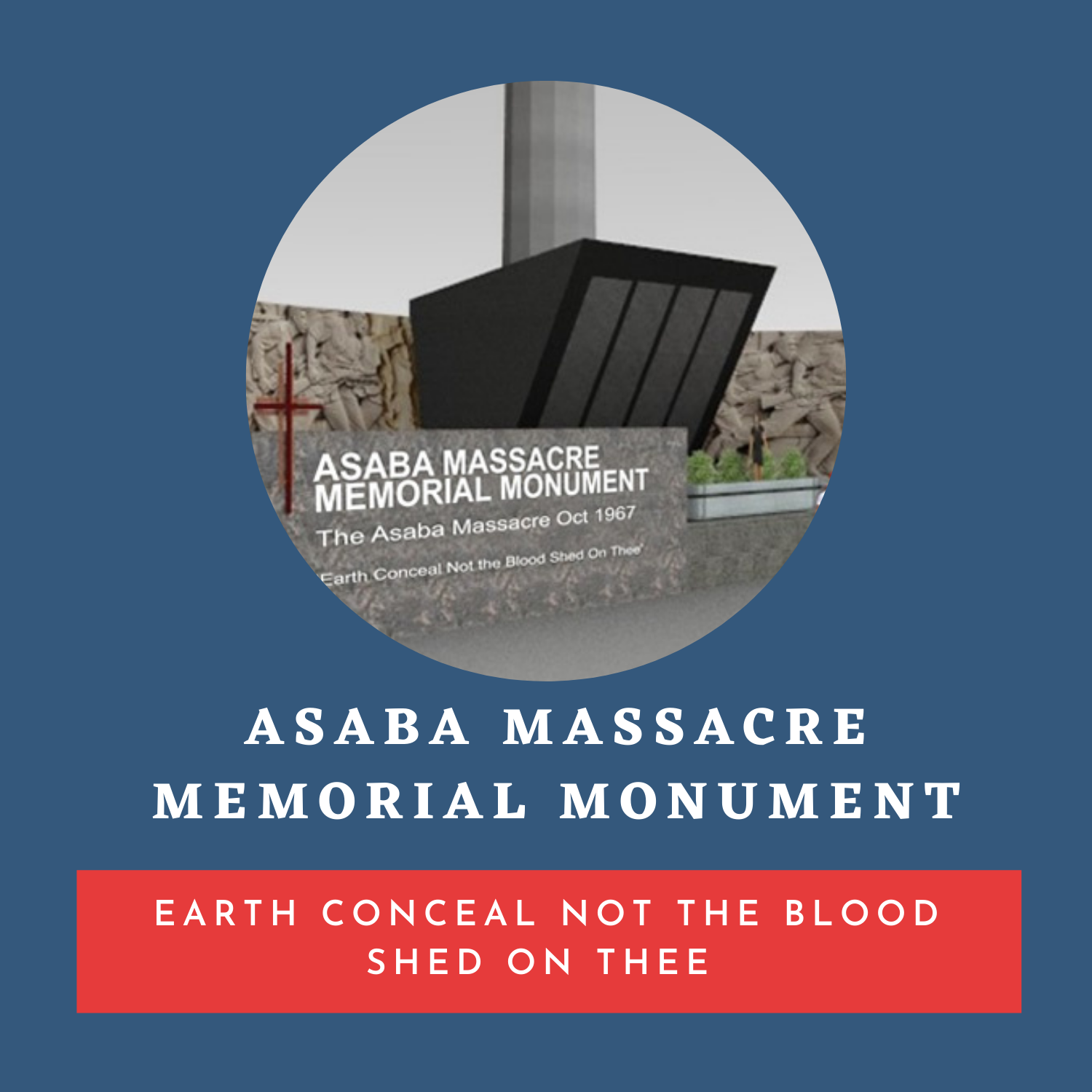
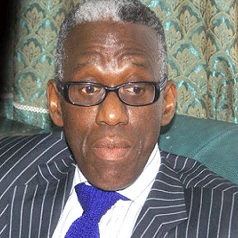
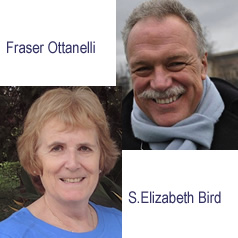
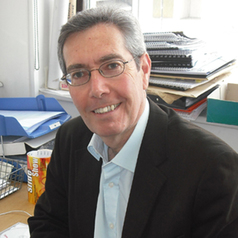
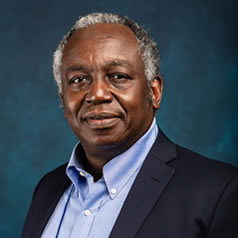
0 Comments